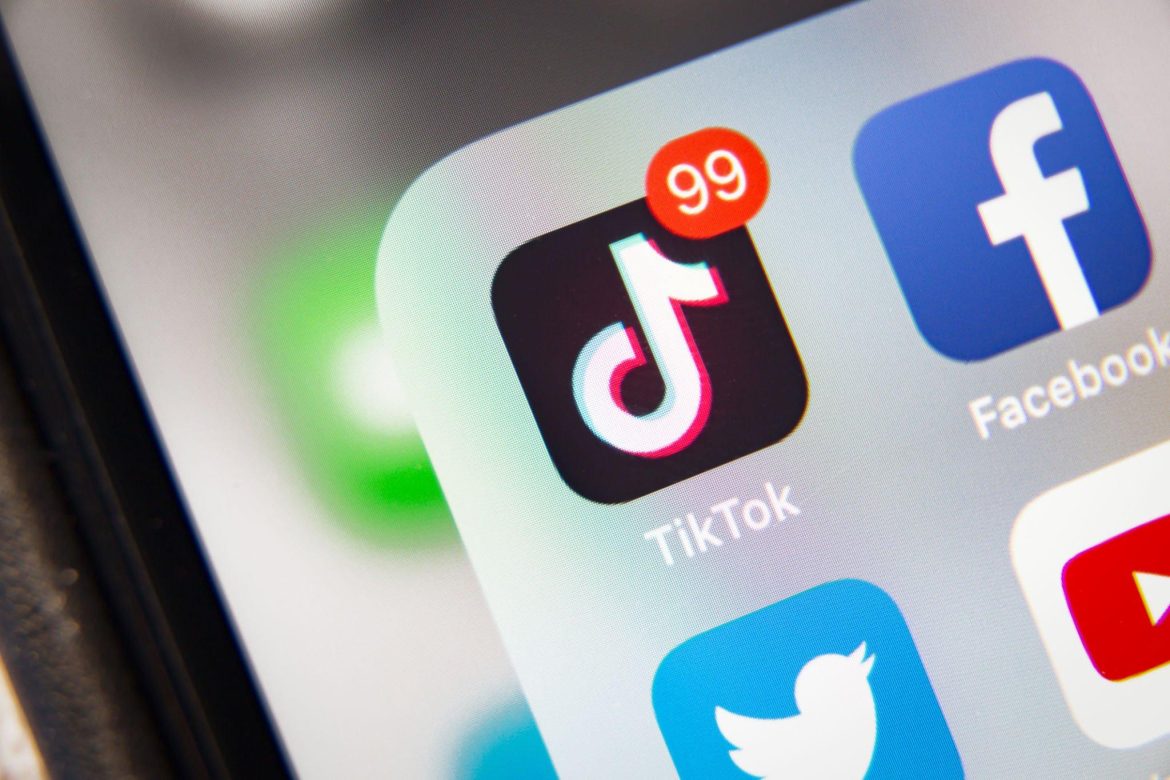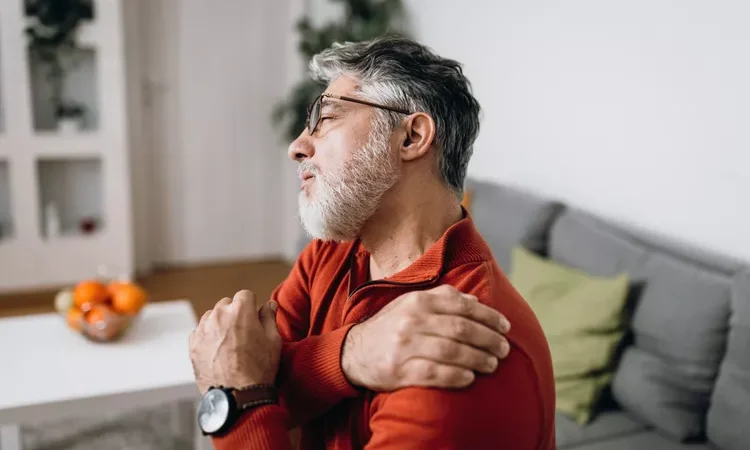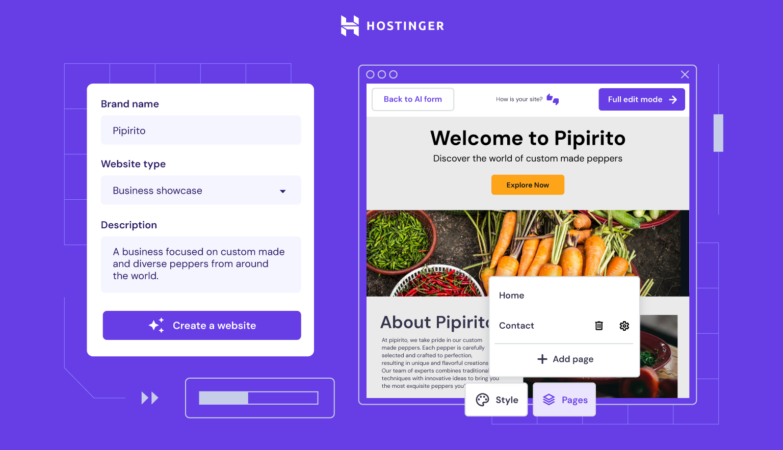On average, a child starts using social media at twelve and a half years old. Studies indicate that increased social media use can lead to mental health issues like anxiety, loneliness, and despair. A recent study highlighted that prolonged social media use over four years correlated with heightened depression in middle and high school students.
John Piacentini, from the UCLA Department of Psychiatry and Biobehavioral Sciences, noted the significant pandemic impact on adolescents. The need for social connections is high among teens and young adults, and they are more affected by feelings of exclusion. Measures like lockdowns, online education, and mandated social distancing interrupted their regular routines. Social media platforms, particularly TikTok, have emerged as coping mechanisms.
TikTok, currently a rapidly expanding social media video platform, plays a major role in young people’s lives. It boasts over a billion users globally, with almost 50% aged between 10 and 29. It has now surpassed Instagram in popularity among 12 to 17-year-olds, with 63% of this group using TikTok weekly. WHO data from 2021 reveals that one out of every seven adolescents aged 10 to 19 faced mental health issues, and these adolescents form a significant portion of TikTok’s user base.
With TikTok’s rising popularity among the youth, there’s increasing apprehension among parents, officials, and health professionals regarding its influence on young people’s mental health. Like any other matter, this issue has pros and cons to weigh.
TikTok can exacerbate feelings of isolation and loneliness among the youth.
Adolescents often seek community and affirmation on TikTok, which is essential for their growth.
Anne Marie Albano, PhD, who heads the Columbia University Clinic for Anxiety and Related Disorders, mentioned, “There are young individuals, particularly those struggling with social anxiety or depression, who might lean more towards online interactions, diminishing their direct interactions with others. If someone avoids healthy real-world engagements—like mingling with peers, navigating difficult scenarios, participating in class discussions, or handling peer conflicts—it can intensify feelings of estrangement, despair, loneliness, anxiety, and depression.”
The pervasive “comparison culture” promoted by platforms like TikTok can be tough for youngsters to navigate, Albano emphasized.
“Children susceptible to self-image worries, anxiety about belonging, or concerns over others’ perceptions will invariably gauge themselves against the likes, friends, or follower counts seen online,” she highlighted. “They view these platforms with a mindset of ‘I can’t match up to them’, which can make them more susceptible to feelings of depression and alienation.”
Although compelling evidence exists, some experts, like Jaclyn Halpern, PsyD., director of the SOAR program at Behavioral Medicine Associates, feel a conclusive judgment on TikTok is yet to be made.
She remarked, “Given the nature of content on TikTok, the contrasting ethics and values related to its content, the pressures youngsters might experience due to such content, and potential risks from online predators, there’s genuine cause for worry. However, current research indicates both potential harms and benefits for the young population using TikTok and similar platforms.”
Engaging with TikTok could potentially worsen mental health issues
In his studies, Piacentini observed that some individuals from the UCLA Child OCD, Anxiety and Tic Disorders Clinic and Tourette Assn. Center of Excellence displayed aggravated symptoms, which he attributes to their exposure to TikTok content.
Studies indicate that cyberbullying, feelings of social exclusion, and online confrontations on platforms like these can correlate with a spike in mental health problems among young people.
Similarly, findings from Halpern’s research suggest that children who have intricate mental health challenges, coupled with environmental stresses or trauma, might experience a temporary rise in emotional symptoms post-TikTok engagement.
TikTok has the potential to enhance understanding and awareness of mental health issues.
A significant advantage of addressing mental health on TikTok is that users become familiar with diverse individuals dealing with various conditions. This perspective comes from Peter Wallerich-Neils, also known as Peter Hyphen to his extensive TikTok following of over 416,000. He began his journey on the platform by sharing his experience with attention deficit hyperactivity disorder.
When users discover others facing similar challenges, it prompts conversations about their experiences.
Peter expressed, “It’s akin to reflecting on oneself, leading to revelations like, ‘Wow, I thought I was the only one going through this’… and then realizing, ‘I belong to a community I wasn’t even aware of.’”
TikTok provides a sense of belonging and affirmation for the youth
TikTok serves as a platform where individuals can find validation, especially when they feel isolated in their personal challenges. Wallerich-Neils, like many, turned to social media, particularly TikTok, during the pandemic’s onset to bridge the gap formed by isolation. By discussing and reflecting on how ADHD influenced his daily life on TikTok, he discovered that numerous users resonated with his experiences.
Similarly, Kojo Sarfo, MD, a mental health nurse practitioner and psychotherapist with a vast following of over 1.9 million on TikTok, recognizes the platform’s value in forging areas where individuals with mental health concerns feel a sense of community and acceptance. This inclusivity becomes even more critical in cultures and communities where discussing mental health is either seldom addressed or seen as taboo.
Encouraging Balanced TikTok Usage for Youth
While the conclusions from social media studies are still in preliminary stages and vary, experts provide multiple strategies to ensure adolescents and their guardians obtain the most beneficial experiences from TikTok.
“In our social anxiety program at Columbia University, we guide teens and young adults on establishing appropriate boundaries,” Albano mentioned. “We assist them in discerning what aligns with their comfort level, understanding the nuances of posting, liking others’ content, and ensuring they steer clear of trending but potentially dangerous gimmicks or challenges. Additionally, we train them on handling comments, distinguishing between those to engage with and those to disregard, and realizing when to block certain users.”
Specialists also emphasize the importance of instilling discipline in the youth regarding their screen time. For instance, keeping phones aside during meals can foster real-time conversations. Likewise, designating a specific hour in the evening to switch off all digital devices can be beneficial. This practice helps them relax and primes their body for a restful night’s sleep.







